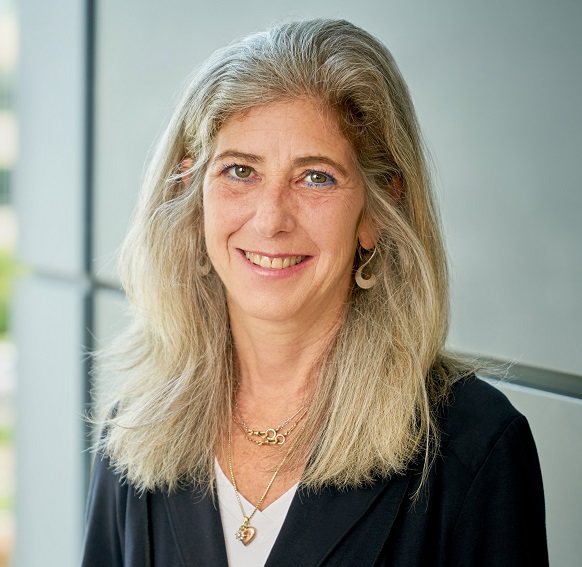In continued celebration of the opening of the new Asheville Art Museum in fall 2019 and the Museum’s 30th anniversary anchoring Pack Square and the civic center, it is a great pleasure to announce the publication of our first major catalogue to highlight and introduce the Museum’s Collection of American art from 1860 to the present. Asheville Art Museum: An Introduction to the Collection took several years to complete and involved many individuals. As an introduction, it acknowledges both the depth of the Collection as it currently stands and its continued growth. It accompanies the Museum’s capacity in its new home to present rotating temporary exhibitions and ever-changing installations of the Collection.
The Board of Trustees and staff believe the works of art featured and the insightful essays that accompany them will inspire community pride and dialogue and lead to continuing efforts to build a world-class Collection in the 21st century. This publication will also inform the public, partners in education, and colleagues in the museum field about the Asheville Art Museum’s holdings—now numbering over 7,500 works of art in all media and over 4,000 architectural drawings—which are available for scholarly research, educational programming, and exhibitions at the Asheville Art Museum and elsewhere.
In addition to five exhibitions currently highlighting our Collection, The Wyeths: Three Generations | Works from the Bank of America Collection continues to wow visitors. This incredible collection of work by N. C., Andrew, Henriette, and Jamie Wyeth is a must-see for all with its iconic views of life in the northeast and the coast of Maine. We’re also proud to present the recently opened exhibition, Southern Rites, featuring over 40 thought-provoking photographs alongside ephemera and a video related to the story that photographer, videographer, and activist Gillian Laub tells of the realities of racism. We hope this exhibition guides visitors in open conversations and asks viewers to more closely examine biases and assumptions about cultural identity. We look forward to sharing these conversations with you and together continuing to build a more equitable and empathetic community.
Sincerely,
Pamela L. Myers
Executive Director
 Executive Director Pamela L. Myers. Image David Huff.
Executive Director Pamela L. Myers. Image David Huff. 